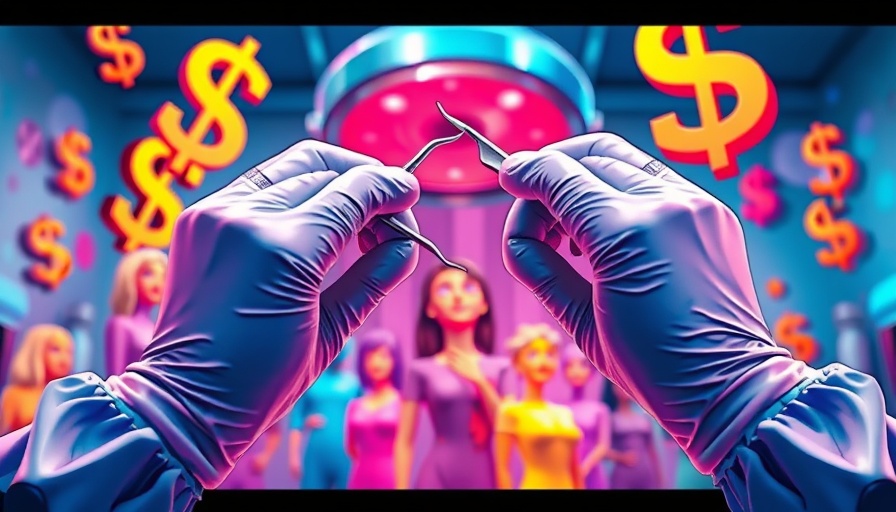
Rethinking Pesticide Use and Pregnancy Risks
As modern society becomes increasingly aware of health risks associated with environmental factors, the conversation surrounding pesticide exposure and its potential impact on pregnancies is gaining momentum. The discussion, spearheaded by biochemist Molly Shave, highlights a critical misconception: that food is the primary source of these harmful chemicals. In reality, many women are exposed to pesticides simply by living in urban environments where these substances are routinely sprayed by building managers, neighbors, and city officials, often without their knowledge or consent.
Pesticides in Urban Settings: A Hidden Danger
Shave points out that the danger is not confined to agricultural settings. A 2020 study revealed alarming statistics regarding urban residents, showing that city-dwelling women who utilize pesticides at home face similar risks of birth defects as those influenced by agricultural exposure. Specifically, this demographic sees a dramatic threefold increase in cases of holoprosencephaly, a significant birth defect in the United States.
Beyond Dietary Concerns: A Call for Action
This shift in perspective necessitates urgent action. If we genuinely care about protecting pregnancies, the focus must transition from mere food safety to broader chemical exposure through air and living spaces. Advocates like Shave are calling for a reevaluation of our pesticide use policies that take into account the far-reaching consequences these chemicals have on vulnerable populations, particularly pregnant women.
Empowering Communities: Resources and Education
The need for public awareness and education about these risks cannot be overstated. Engaging communities in discussions about the effects of pesticides and empowering them to advocate for safer practices is crucial. Local organizations can provide resources and information on natural alternatives to pest control, fostering a culture of holistic wellness and sustainable living.
The Ripple Effects of Chemical Exposure
Research has consistently shown that environmental toxins can have cascading effects on health, influencing everything from immune system function to overall longevity. Addressing pesticide exposure is not only about immediate dangers but also about fostering a healthier environment long-term. By reducing our reliance on chemicals, we can promote a healthier ecosystem and protect future generations.
Acting on Information: Making Healthier Choices
One of the most significant steps individuals can take is to educate themselves about pesticide-free living. Simple changes, such as advocating for pesticide-free parks or choosing organic products, can create a demand for cleaner options. Furthermore, learning about natural pest control methods can ensure a safer environment without compromising health.
The Future of Pesticide Regulation
Reflecting on the current legislative measures surrounding pesticide use, there is much to be desired in terms of public policy. Future regulations need to account for the health impacts these chemicals pose to communities, particularly urban areas where exposure is prevalent. As the debate continues, it will be crucial for policymakers to consider not just agricultural efficacy, but public health implications, looking to exemplify a balanced approach.
Join the Movement for Safer Pregnancies
Change begins with awareness, and the dialogue sparked by professionals like Molly Shave is the first step towards organizing a community response. By prioritizing pregnant women’s health and calling for the cessation of unnecessary pesticide spraying, we can pave the way for a healthier tomorrow.
If you're interested in making impactful changes for yourself and your community, now is the time to engage in this imperative conversation. Advocate for safer practices and raise awareness in your local circles.
 Add Element
Add Element  Add Row
Add Row 



Write A Comment